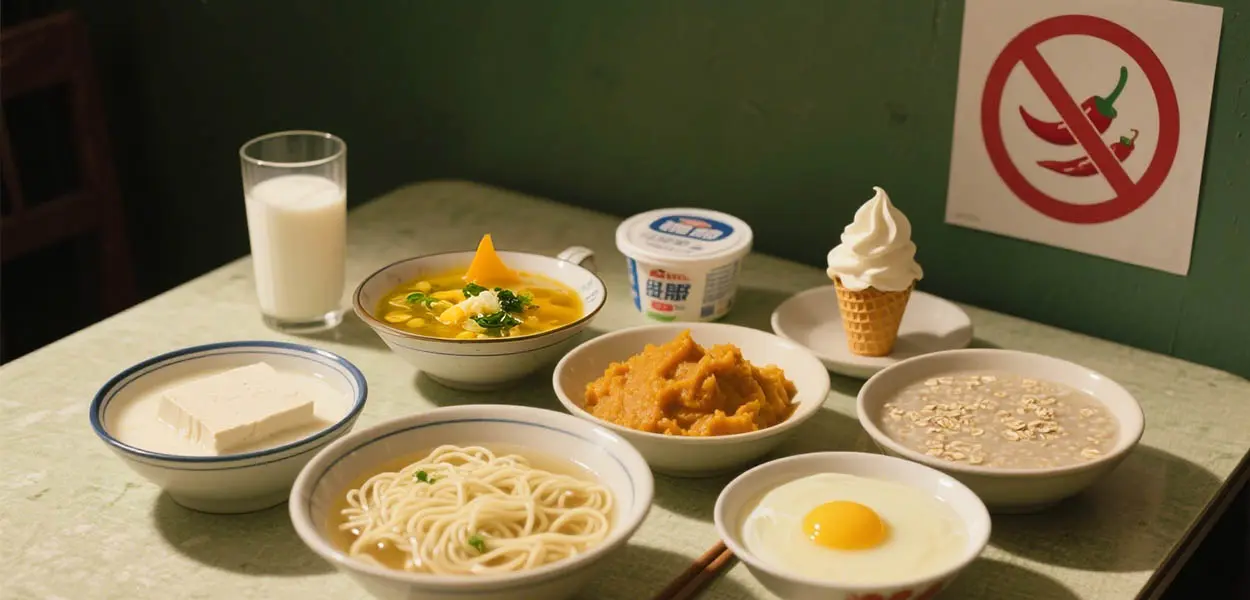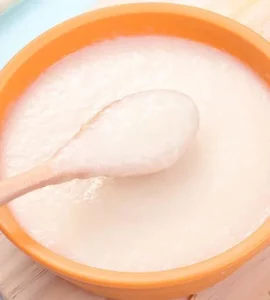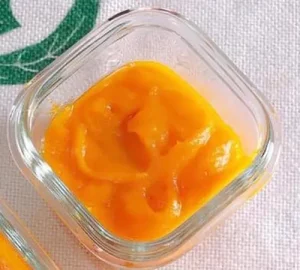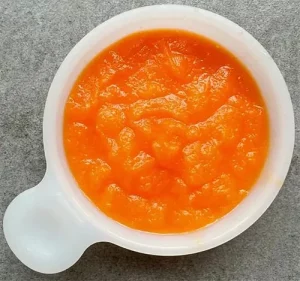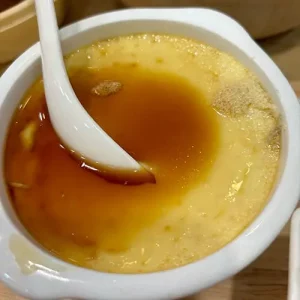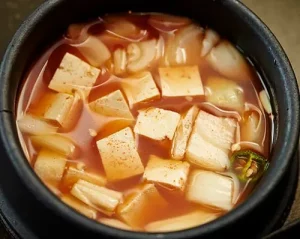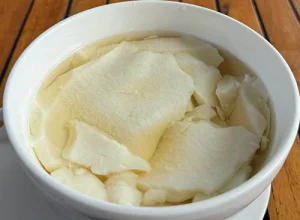After dental surgery during the first week, especially surgery with large traumatic surfaces, such as extractions and implants. Special attention should be given to the diet to ensure proper nutrition while supporting rapid healing. The following is a guide of suggestions for what you can eat after dental surgery.
1. Dietary principles after surgery
- Appropriate temperatures: Avoid foods that are too hot or too cold. Avoid irritation of the wound and minimize discomfort.
- Soft food: Try to choose pasty liquid food that is easy to swallow without chewing.
- Nutritional balance: adequate nutrients are needed for recovery after surgery, so give preference to low-sugar foods high in protein and vitamins.
- Foods that must not be eaten: Spicy, acidic, hard, sticky foods that not only irritate the wound and cause pain, but also difficult to clean. After surgery, the oral environment is already fragile, difficult to resist the invasion of germs, and difficult to clean the food debris will become a breeding ground for germs, which will easily cause inflammation and infection.
2. Recommended Food Categories
Fluids:
- Room temperature yogurt or milk: provides high quality protein and vitamins
- Vegetable puree soup
- Soymilk
- Rice soup
- Infant milk powder
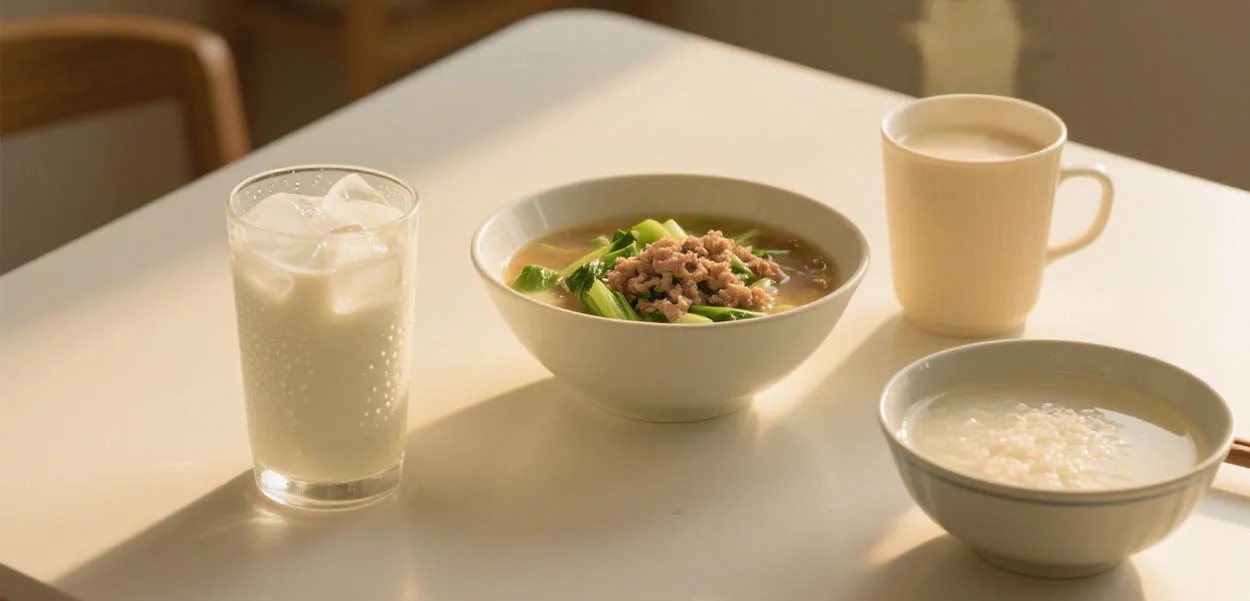
Semi-Fluid:
- Infant Nutritional Rice Paste

- Pumpkin Puree

- Banana Puree
- Apple Puree
- Carrot Puree

- Steamed Egg Custard

- Tender Tofu

- Tofu Pudding

Soft Staples:
- Dragon Beard Noodles: Serve at room temperature in broth. They are soft and creamy, easy to swallow, and provide good carbohydrates to energize the body.
- Soft Bread with Milk: preferably choose sugar-free or low-sugar bread
- Oatmeal Porridge: Rich in carbohydrates, provides energy for the body
- Spinach Porridge: Supplemental calcium and iron to promote wound healing.
Nutritional Supplements.
- Protein Powder Punch
- Puree (banana/avocado/cheese)
- Filtered Fresh Fish Soup
3. Dietary recommendations by stages
- 0-2 hours after surgery: the anesthesia has not worn off yet and the wound is still bleeding, so bite down firmly on the absorbent cotton ball to help the scab to form and avoid eating.
- 2 hours after surgery: Frozen yogurt, ice cream, this is the time when blood clots will form on the wound after surgery. Eating these frozen foods is equivalent to applying a cold compress, which helps the blood vessels to constrict, stopping the bleeding and reducing the swelling more quickly. Yogurt and ice cream can also replenish the energy and nutrients consumed during surgery.
Frozen fruit juices, such as orange juice and grape juice, can also be consumed in moderation. This is a good time to take vitamin C and to apply cold compresses to the mouth to help the wound heal. - Post-Surgery Days 1-2: Cold liquids are recommended. The main food can be cold oatmeal, paired with chilled milk or fruit juice. To maintain energy and vitamin intake, and also provide cold compresses to accelerate wound healing. Milk also offers protein and calcium. Avoid eating hot foods as they may cause vasodilatation and lead to re-bleeding of the wound.
- 3-4 days after surgery: Semi-liquid food. At this time, the wound has crusted over and you can eat soft, room-temperature foods that are easy to swallow, such as noodles, porridge, steamed egg custard with some tofu and fish soup to supplement protein and help the wound to heal. Avoid oily and spicy food to prevent pain and inflammation of the wound.
- 5-7 days after surgery: soft food, can gradually transition to normal food. Choose buns, breads, vegetables, etc. Eat more fresh vegetables, fruits, such as pears, bananas, spinach, etc. to replenish vitamins and minerals to promote the repair of oral mucosa.
4. Precautions after dental surgery
- Do not use straws: Although straws are good for managing fluids and avoiding chewing. However, the use of straws can increase the negative pressure in the mouth, which can affect the wound from scabbing and lead to re-bleeding.
- No irritating foods: Spicy, acidic, and hot foods can cause pain and inflammation in the wound.
- No alcohol or tobacco: Smoking similar to using straws cause negative pressure in the mouth that can affect wound healing. And alcohol can irritate the wound. Alcohol and cigarettes are also very harmful to the wound.
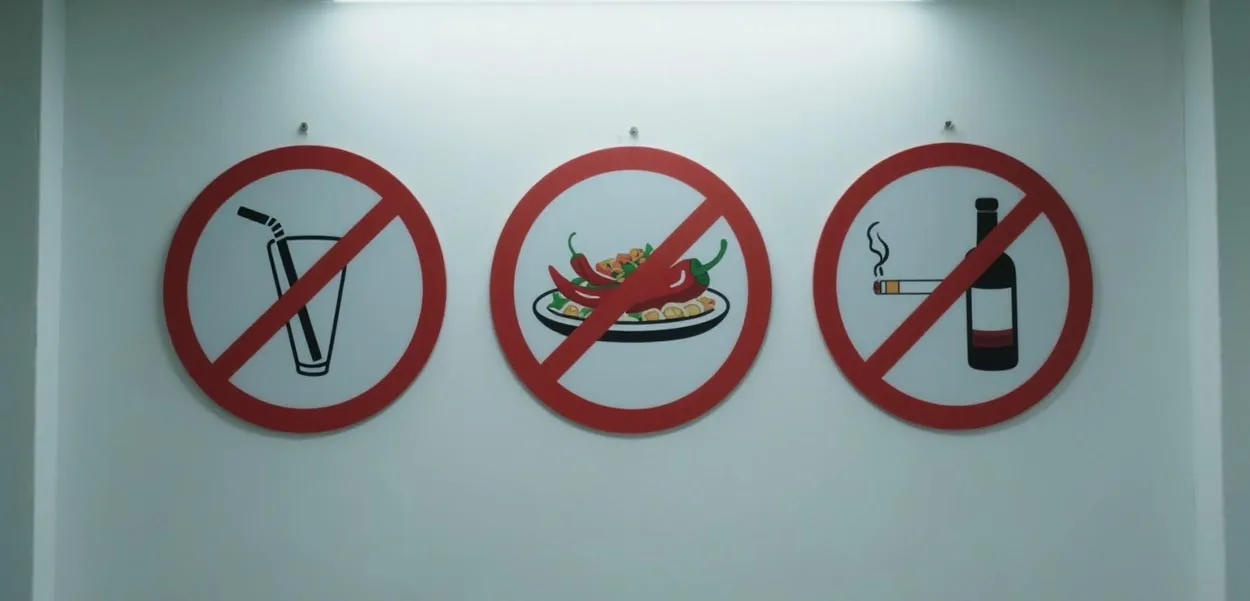
5. Dietary considerations for special populations
| Special Groups | Precautions |
|---|---|
| Children | Depending on their condition, consume moderate amounts of ice cream and chilled fruit juice for a soothing cold compress effect. Do not overdo it to prevent gastrointestinal diseases. Diet should choose soft, easy to digest food, such as steamed egg custard, tofu, etc., and pay attention to balanced nutrition. |
| Old People | Due to the decline of body functions, the diet should be more light and soft, and attention should be paid to calcium supplementation to prevent osteoporosis. |
| Diabetic Patients | Need to pay attention to dietary control, to avoid excessive fluctuations in blood glucose. Can adjust the diet appropriately under the guidance of the doctor. |
6. Conclusion
Dietary regimen after dental surgery is very important for wound healing and physical recovery. Following the above recipes and paying attention to dietary hygiene and precautions will help relieve pain and promote healing. Consult your doctor if you feel any discomfort.

